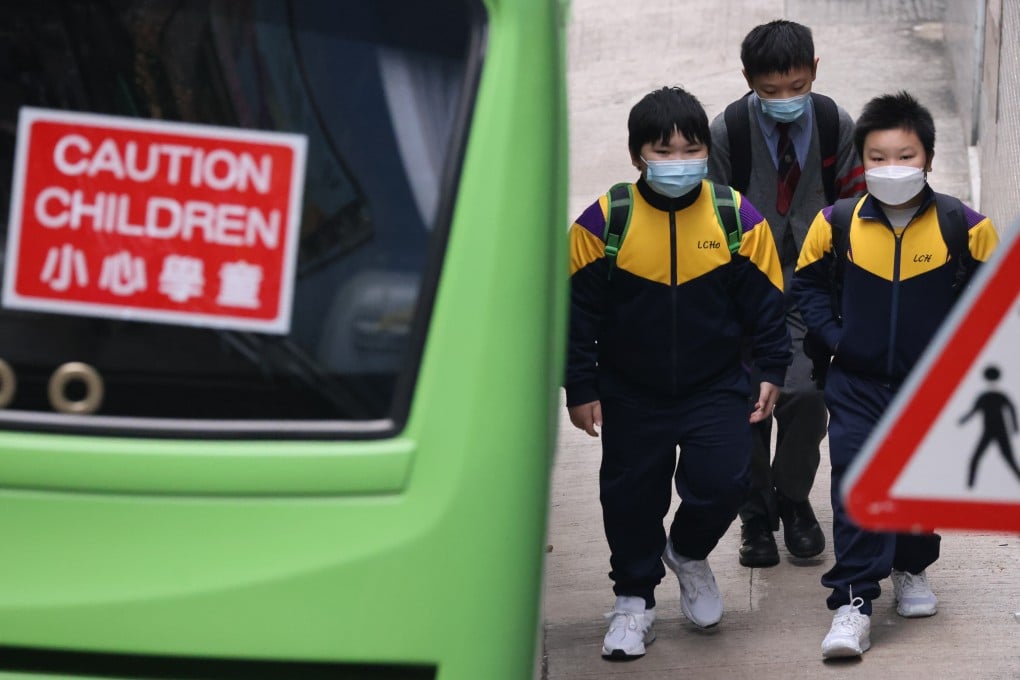Letters | Coronavirus Hong Kong: more disruption to schooling means children again pay for government’s mistakes
- Readers criticise the government’s decision to bring forward the school summer holiday, call for Omicron to be treated differently to Delta and other high-risk variants, and ask why zero-Covid measures weren’t applied more stringently in care homes

It seems the only reason the government is doing this is due to a lack of planning on its part, not seeing the warning signs from other countries as Omicron spread uncontrollably, and believing Hong Kong would miraculously avoid an Omicron wave. With no extra facilities available, the government wants to use schools, punishing children, Hong Kong’s most innocent and valuable resource.
Taking a long break now disrupts children’s learning. While online learning is far from ideal, Hong Kong is used to it. It takes time for schools to acclimatise after a long holiday, and this is especially true for those in the local curriculum where there are regular tests and exams. The internal assessment for Primary Five pupils is critical; schools will have to scramble to make new arrangements.
Travel restrictions make leaving Hong Kong hard for most of us, and now the summer break has been severely shortened. Summer is about swimming, playing outdoors, hanging out with friends and spending quality time with family.
Children are better off doing online lessons now so that they have a regular summer. The lucky ones who had made plans to travel to visit family and friends – whom they haven’t seen in two years – will now find those plans disrupted.